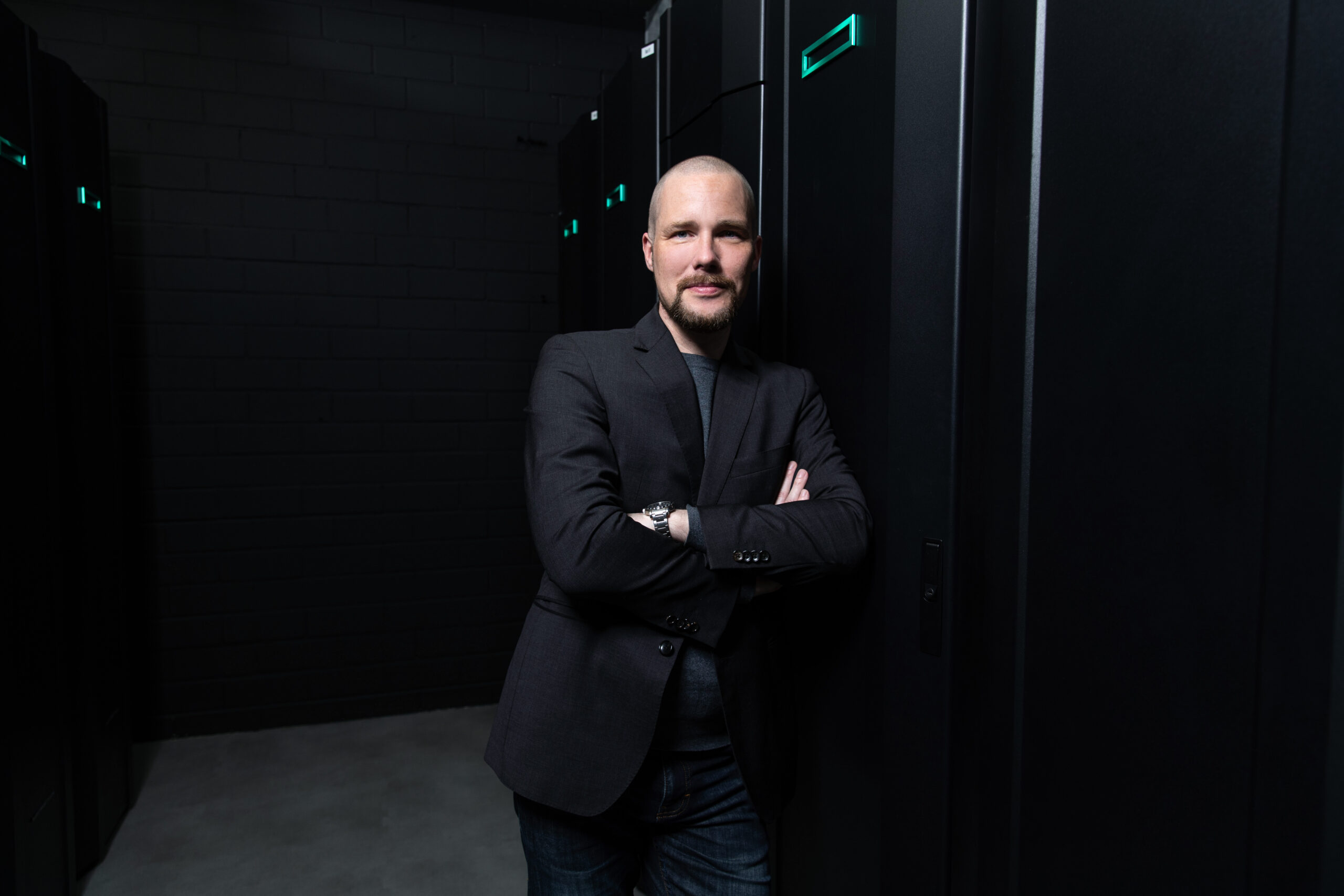Aleph Alpha quits AI model race

German AI startup Aleph Alpha is changing its focus from large language models to an AI operating system and consulting services. The company cites market changes and tough competition from tech giants as reasons for the pivot.
Once considered a potential European rival to OpenAI, Aleph Alpha raised over $500 million last year. Now, the company is moving away from developing large language models (LLMs) to concentrate on Pharia AI, which it calls an "operating system for generative AI" for business and government clients.
CEO Jonas Andrulis explained the shift in an interview with Bloomberg: "The world changed […] Just having an European LLM is not sufficient as a business model. It doesn't justify the investment."
This pivot allows Aleph Alpha to pursue growth without the substantial expenses linked to maintaining cutting-edge AI models. However, it also reflects the growing dominance of well-funded tech giants in AI development. Several AI startups have recently changed course after their founders joined major tech companies.
Business model tbd.
Aleph Alpha has faced challenges, including questions about its financing structure and reports of missed sales targets. The company now employs about 200 people and is said to be generating around €20 million in annual recurring revenue.
The startup is implementing its new approach, with plans for government employees in the German state of Baden-Württemberg to use its Phaidra AI system. The system allows public sector employees to use AI tools for tasks such as managing files and analyzing documents.
The market for large language models is fiercely competitive and not yet profitable due to high development and operating costs. A growing number of models with similar capabilities are competing for the same customers and use cases. For months, the focus has been on two factors: efficiency and price. While costs for users are dropping sharply, development expenses for companies remain high.
AI models developed and trained for millions of dollars can become outdated and worthless just weeks or even days after their release. Moreover, since GPT-4, no AI company has managed to develop a model with significant advantages.
AI News Without the Hype – Curated by Humans
As a THE DECODER subscriber, you get ad-free reading, our weekly AI newsletter, the exclusive "AI Radar" Frontier Report 6× per year, access to comments, and our complete archive.
Subscribe nowAI news without the hype
Curated by humans.
- Over 20 percent launch discount.
- Read without distractions – no Google ads.
- Access to comments and community discussions.
- Weekly AI newsletter.
- 6 times a year: “AI Radar” – deep dives on key AI topics.
- Up to 25 % off on KI Pro online events.
- Access to our full ten-year archive.
- Get the latest AI news from The Decoder.